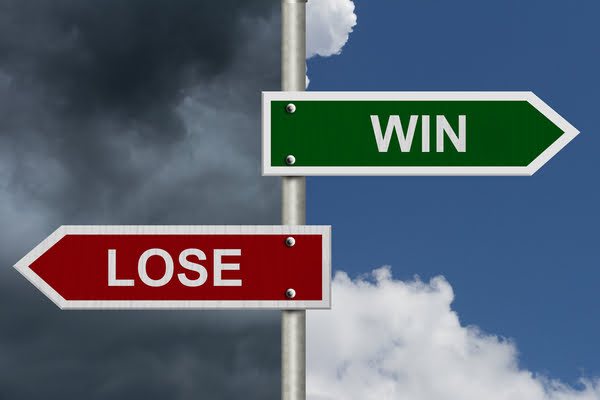The selfishness paradox
Paradoxically, humans are wired to be both selfish and selfless. As is evident in the world around us, selfishness often prevails when it comes into conflict with selflessness. This suggests that humans have a stronger drive to be selfish than to be cooperative. They’re cooperative only to the extent that it serves their self-interest.1Gerbasi, M. E., & Prentice, D. A. (2013). The self-and other-interest inventory. Journal of Personality and Social Psychology, 105(3), 495.
Humans will often only help others if, by doing that, they can help themselves. Such reciprocal dynamics (‘I scratch your back and you scratch mine’) are a dominant feature of human relationships.
The downside of selfishness
Some degree of selfishness is normal.2Diebels, K. J., Leary, M. R., & Chon, D. (2018). Individual differences in selfishness as a major dimension of personality: A reinterpretation of the sixth personality factor. Review of General Psychology, 22(4), 367-376. The problem with moderate and high levels of selfishness is that it can lead one to harm others for personal gain. Also, selfishness gets in the way of thinking in a win-win manner. Pure selfishness is win-lose thinking. Often, thinking in terms of win-win can ultimately help us gain more than thinking in terms of win-lose.
A selfish person who doesn’t help others can’t expect any favors from them. A selfish person who harms others through lying, deceiving, and stealing gets punished by a society whose fabric is held together by cooperation.
Who’s a selfish person?
Selfishness is complicated. It’s often difficult to tell whether or not you’re being selfish, and that’s understandable. Sometimes, you have to prioritize your own needs. Sometimes, you have to prioritize others’ needs. It’s a delicate balance, and it all boils down to who needs the most help in a given situation.
A person is considered selfish when they prioritize their own needs at the expense of others, or when they harm others for personal gain. Not helping someone, even though it would cost you little, is also a strong sign of selfishness. Interestingly, selfish individuals can sometimes be unaware of their selfishness.
In their minds, they may be saints, but their behavior tells a different story. It’s almost as if their mind hides their selfishness from them. Because it would be too ego-deflating to admit your self-interest. Hence, self-awareness and mindfulness can be critical in reducing the levels of selfishness, as the default, automatic mode in humans is often to be selfish.3Raine, A., & Uh, S. (2019). The selfishness questionnaire: Egocentric, adaptive, and pathological forms of selfishness. Journal of Personality Assessment.
The more reciprocity there is in a relationship, the more likely you are to commit selfless of high personal costs.
Taking the quiz
This quiz is intended solely for informational purposes and should not be used as a diagnostic tool. Answer each item based on what applies to you the most. Your ego may prompt you to answer dishonestly to make yourself look good. Your result is only shown to you and not stored in our database.







